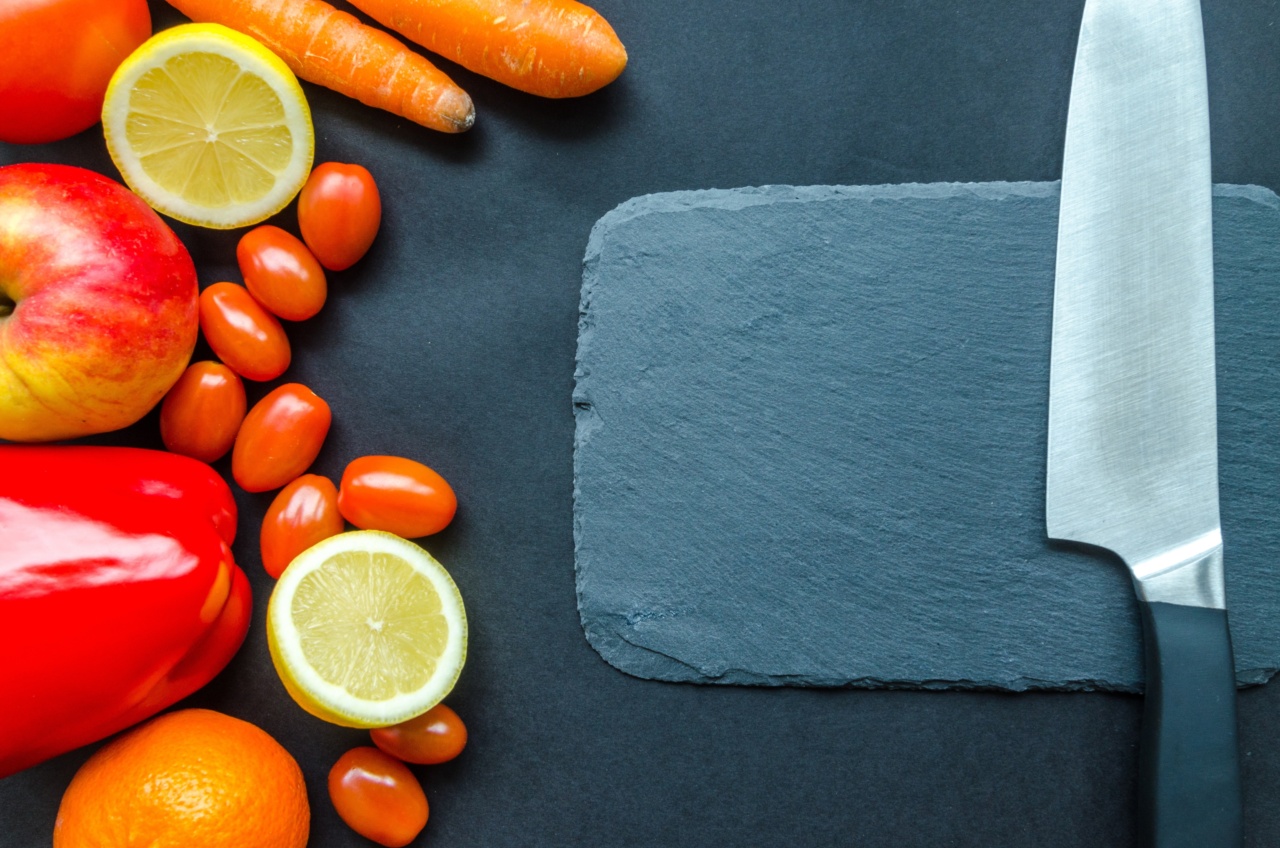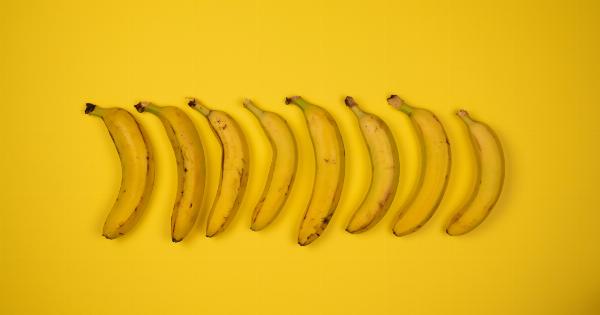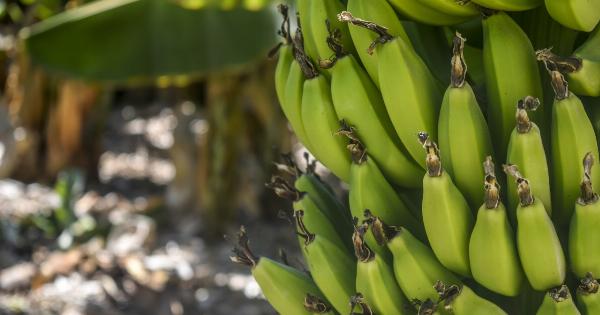When we talk about a banana, the first thing that comes to mind is a nutritious fruit that comes in a yellow-coloured skin.
Bananas are one of the most widely consumed fruits around the world as it is a convenient snack that is easy to carry around and requires no preparation. What most people don’t know is the microcosmic view of banana’s nutrition, which is packed with several essential vitamins and minerals.
History of bananas
Bananas originated in Southeast Asia and the South Pacific, with evidence suggesting that they were first cultivated in Papua New Guinea.
Bananas date back at least 7,000 years, and it is believed that they were cultivated in Malaysia as far back as 4,000 years ago. They were then brought to Africa, where Arabic traders introduced them to the Mediterranean region and across the Atlantic Ocean to the Caribbean and South America.
Today, bananas are grown in over 150 countries, with India, China, and the Philippines being the leading producers.
Bananas nutrition facts
Bananas are one of the most nutrient-dense fruits, and a single medium-sized banana contains:.
- 105 calories
- 0.4 grams of fat
- 1.3 grams of protein
- 27 grams carbohydrates
- 3.1 grams of fiber
- 14% of recommended daily vitamin C
- 15% of the recommended daily intake of vitamin B6
- 11% of the recommended daily intake of potassium
- 10% of the recommended daily intake of magnesium
- 8% of the recommended daily intake of manganese
Benefits of eating bananas
Bananas have several benefits that go beyond satisfying your hunger pangs. Here are some benefits of eating bananas:.
1. Good for digestion
Bananas are a great source of dietary fiber, which helps in maintaining gastrointestinal health. One medium-sized banana can provide 3 grams of fiber, which helps in preventing constipation and diarrhea.
2. Regulate blood sugar levels
Bananas are a good source of complex carbohydrates, which are slowly digested and absorbed in the body. This helps in regulating blood sugar levels, making it an excellent fruit for people with type 2 diabetes.
3. Good for the heart
Bananas are rich in potassium, which helps in maintaining the heart’s health. Potassium helps in reducing blood pressure, which lowers the risk of heart disease.
4. Boosts immunity
Bananas are rich in vitamin B6 and vitamin C, which help in boosting immunity. Vitamin B6 is required for the production of white blood cells, which play a crucial role in fighting infections and diseases.
5. Great for post-workout recovery
Bananas are a great source of carbohydrates, which helps in replenishing glycogen stores in the body. This makes it an ideal post-workout snack as it helps in faster recovery.
How to include bananas in your diet
Bananas are one of the easiest fruits to incorporate into your diet. Here are some ways to include bananas in your diet:.
1. As a snack
Peel a ripe banana and enjoy it as a snack. Bananas are a great on-the-go snack as they require no preparation and are easy to carry around.
2. In smoothies
Add a ripe banana to your smoothie for a creamy texture and natural sweetness.
3. In pancakes/waffles
Add mashed bananas to your pancake or waffle batter for a fruity twist to your breakfast.
4. As a topping
Slice a ripe banana and use it as a topping on your oatmeal, yogurt, or toast.
Conclusion
From the history of bananas to the microcosmic view of their nutrition, we have learned a lot about this popular fruit. Bananas are an excellent source of fiber, vitamins, and minerals that provide numerous health benefits.
Including bananas in your diet is an easy and nutritious way to add sweetness and flavor to your meals.






























